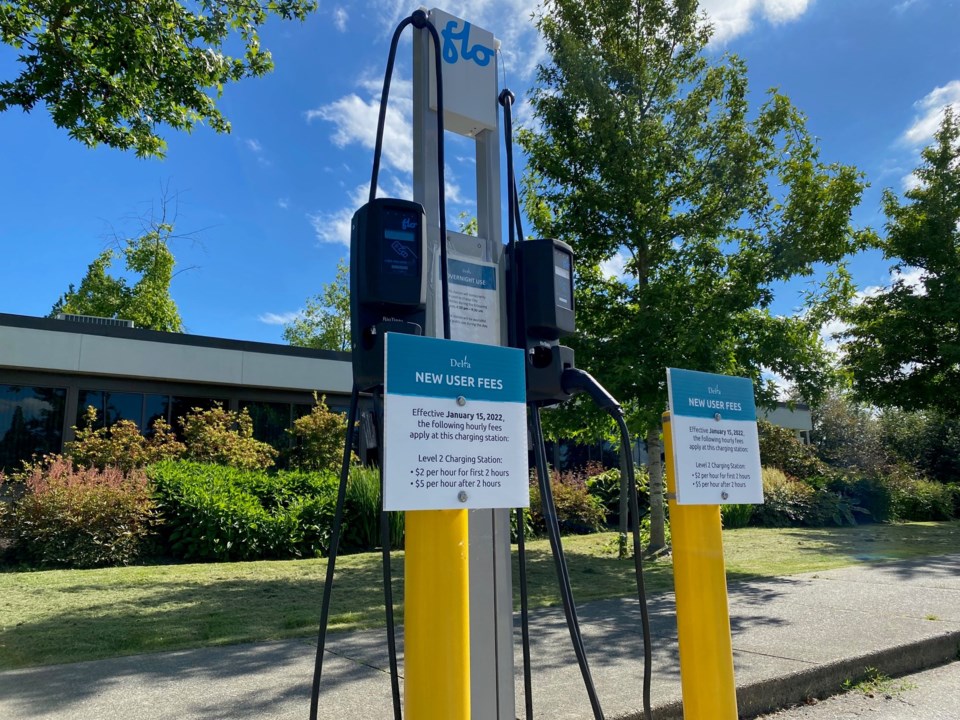The City of Delta is getting extra funding from the province for climate change initiatives.
Currently updating its Community Energy and Emissions Plan, which focuses on the community's efforts to reduce energy consumption related to transportation, buildings and solid waste, Delta was among the communities that has signed the Climate Action Charter.
Those communities were eligible to receive 100 per cent of the carbon tax paid on natural gas and vehicle fuels as a rebate through what was called the Climate Action Revenue Incentive Program (CARIP).
Delta was getting funding under that program until it was discontinued by the province in May 2021.
A recent staff report on Delta’s Climate Action Program and 2021 highlights notes that the province this May announced the new Local Government Climate Action Program (LGCAP) to replace CARIP.
The program is designed to provide predictable, annual, and long-term funding for local governments and B.C. Modern Treaty Nations to take climate action aligned with provincial and local government objectives.
Delta will be receiving $346,000 annually, which is approximately $120,000 more than what was received under the CARIP program.
The city will receive the funding for three years to support local climate initiatives aligned with the CleanBC Roadmap and the draft Climate Preparedness and Adaptation Strategy.
As far as Delta climate action highlights in 2021, those included improving energy efficiency in buildings and supporting electric vehicles at both the corporate and community levels.
At the community level, Delta advanced climate action through such initiatives as the updated tree protection and regulation bylaw update and the new plastic bags and single-use Items bylaw.
The ban on plastic checkout bags officially went into effect on June 6.
Council also recently gave final approval for to a bylaw amendment for the city’s electric vehicle and electric bicycle parking and charging requirements.
Delta’s former regulations included a requirement for EV charging in new multi-unit residential or mixed-use buildings with more than six dwelling units.
A minimum of 20 percent of all required parking spaces had to each be provided with either a minimum Level 2 charging station, roughed-in raceway or cable and electrical panel capacity to accommodate a station.
The new rules will see 100 per cent of vehicle spaces with either a dedicated Level 2 outlet or charger, as well as resident bicycle storage areas having one outlet per four bicycle spaces.
Visitor parking spaces will not be required to provide EV charging.
As far as the updated tree bylaw, planning staff are currently reviewing what other measures can be taken following continued complaints by residents about clear-cutting on lots.



